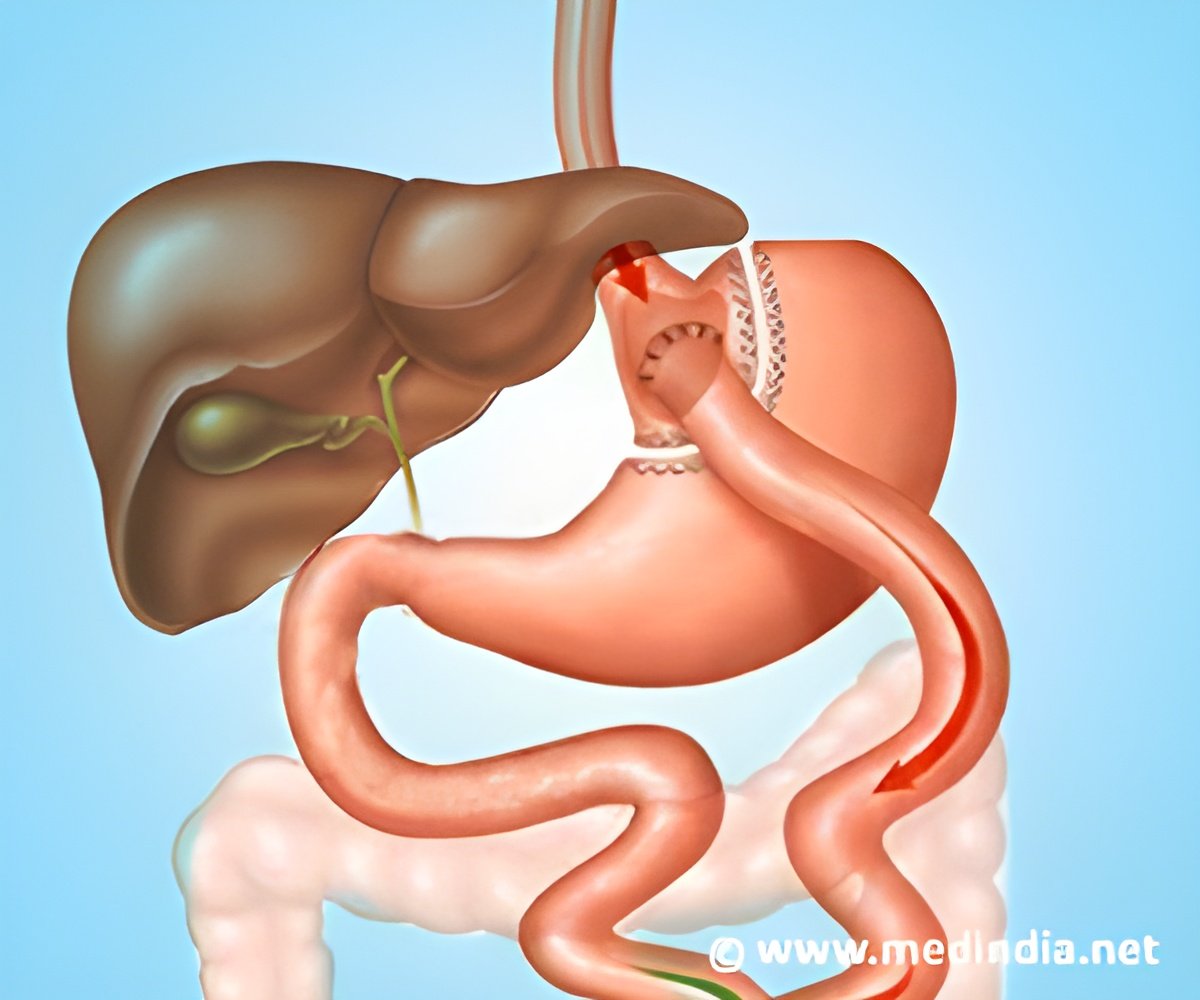Bariatric surgery patients are expected to lose 30% to 40% of their body weight and up to 67% of the excess body weight, depending on the type of surgery.

‘It is possible that insulin use necessitates greater interaction with the health care system, leading to better adherence and ultimately better weight loss.’





For this study, the researchers followed up 726 RYGB patients before surgery to 7 to 12 years after surgery and determined percentage weight loss (%WL) and examined preoperative clinical factors (>200) extracted from the electronic medical record, which included medications, comorbidities, laboratory test results, demographics, and others. Among the study participants, 83 percent were female and 97 percent were of white race, with an average preoperative body mass index (BMI) of 47.5. From the time of surgery to long-term follow-up (median, 9.3 postoperative years), the average %WL was 22.5 percent. The researchers found that preoperative insulin use, history of smoking, and use of 12 or more medications before surgery were associated with greater long-term postoperative %WL (7 percent, 3 percent, and 3 percent, respectively). Preoperative hyperlipidemia, older age, and higher body mass index were associated with poorer long-term postoperative %WL (-3 percent, -9 percent, and -4 percent, respectively).
The authors write that possible explanations for the finding that participants taking the most medications before surgery had better weight loss outcomes are their greater interaction with health care professionals needed to manage multiple conditions or perhaps unintentional weight loss related to health conditions. "Additional studies are needed to evaluate these medications individually in relation to long-term weight loss."
Similarly, regarding the finding that preoperative insulin users had greater %WL, "it is possible that insulin use necessitates greater interaction with the health care system, leading to better adherence and ultimately better weight loss."
"Overall, few preoperative clinical factors were associated with weight change in the long-term postoperative course. Future studies are needed to replicate these findings, particularly surrounding insulin use. Comprehensive investigations of potential preoperative psychosocial and behavioral factors or other modifiable preoperative or early postoperative factors that may influence weight in the long term could also help to identify patients at risk for suboptimal outcomes. These results can help to guide clinical care and improve patient-directed informed consent discussions about bariatric surgery," the researchers conclude.
Advertisement















